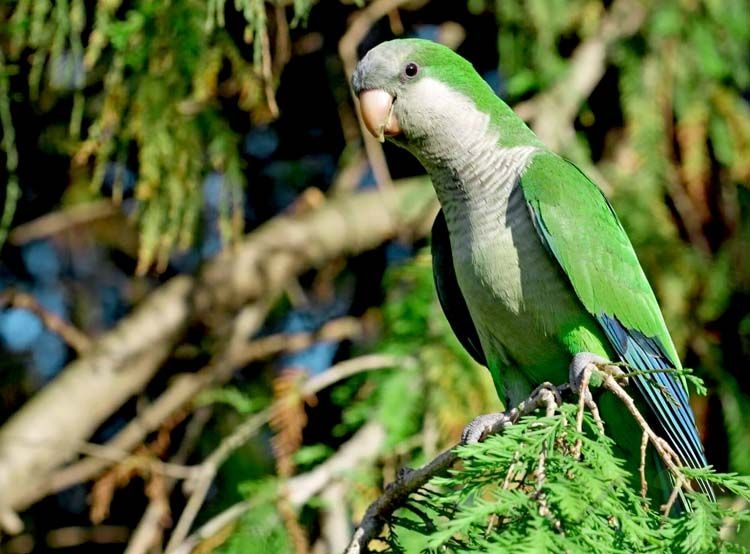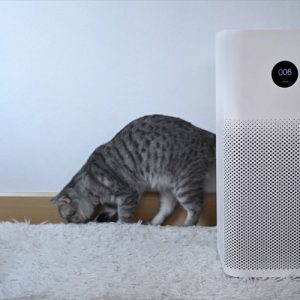Parakeets are a lovely pet choice whether or not you favor the exotic. Their tender alluring colors can instantly uplift your mood and they are also quite sociable. They are easy-care and great if you are just beginning your experience as a pet owner.
Since they are very social animals, if you have just one parakeet, it is going to form a strong connection with you, but for the parakeet’s health, it’s good to keep them in pairs.
Even though they’re considered low maintenance, there are some important things you need to consider before bringing a parakeet home.
Are Parakeets a Good Pet Choice
Parakeets, also often called “budgies” (from budgerigars), can live to 15 years, and in some cases even more, which means that getting such a friend for yourself is a long-term commitment.
These little birds need a lot of interaction and attention, so if you won’t be able to keep them company often enough, they might not be the best choice of a pet for your lifestyle.
They easily get sick from even mild temperature changes. To avoid having to go to the vet, make sure you have a relatively stable and balanced temperature at home.
If you have the necessary conditions, these friendly and intelligent birdies will make great companions and bring you a lot of wonderful experiences.
What Kind of Home do They Need
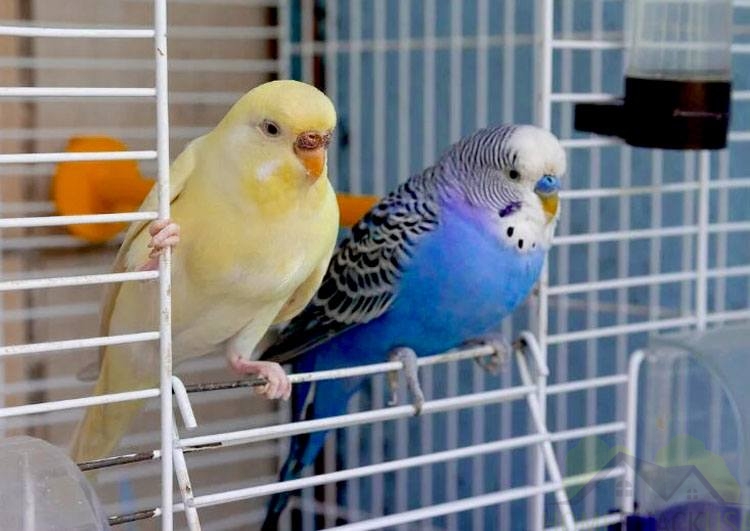
Birds are made to fly. Keeping them in a tiny cage for too long is detrimental to their health.
Choosing the right cage for your parakeet is crucial for its well-being. Although it’s a small bird, it still needs enough space to move freely.
The minimal length for a budgies’ cage is 14 inches and the minimal height is 12 inches, but, if possible, find a cage that is more spacious than that.
Parakeets don’t climb as much as large parrots do, and they enjoy flying, which is why they need a large cage that is wider than its height.
The minimal distance between bars should be no more than half an inch if you don’t want your birds to easily escape.
Accessories and Toys
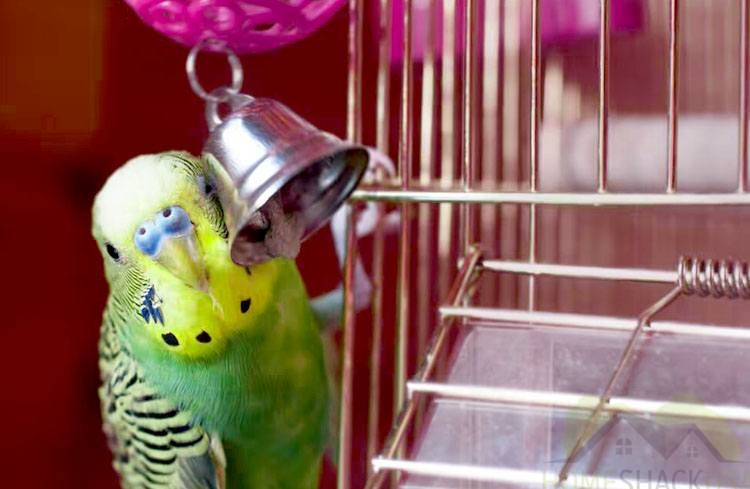
Leaving your birds in an empty cage will not do them any good in terms both of mental and physical health. They need to be able to stand on something, exercise and play, so make sure that you are providing them with the right accessories and toys.
They need a good number of perches, at least two at the minimum, in order to climb and exercise their legs. Naturally-shaped ones are best for them.
There are also numerous different toys available for budgies, such as bells, chew toys and rings to keep them entertained and happy.
Provide it with a water bowl to clean itself in, as these little birds love cleanliness.
Feeding
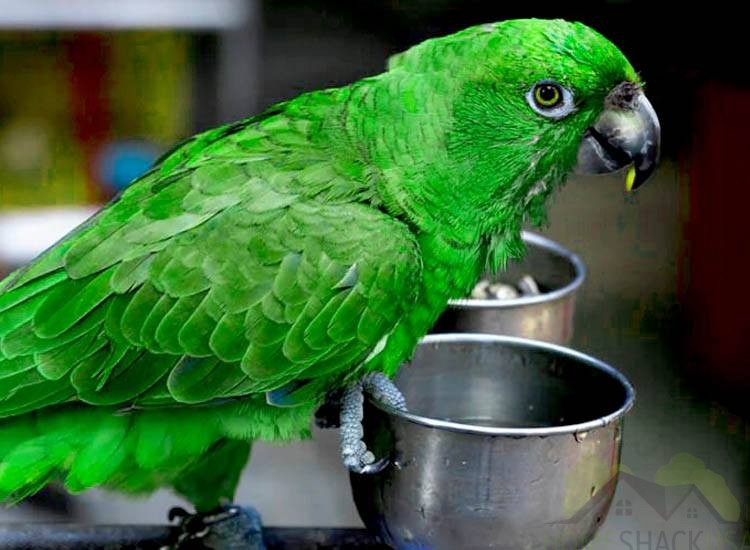
Although parakeets need seeds, this is not the only food that they need in order to get the necessary nutrition. There are ready pellets you can purchase in pet stores that contain all the necessary nutrients for a healthy budgie.
Foods that are good for these kinds of birds include:
- Seed Blends: At least 50% of the diet;
- Pellets: 20-25%;
- Fresh Fruits like berries: 15%;
- Fresh vegetables like leafy greens: 15%.
Provide your birds with clean fresh water and change it on a daily basis to keep them healthy and happy.
Exercise
Parakeets are pretty active birds, so they need daily exercise in order to maintain their muscles and stay healthy. The more time you let it spend outside the cage, the better for its health.
It’s best if you can let it out every day, even if it’s just for a little while.
Before letting your birds out of the cage, make sure there are no spaces in the room where they can get stuck or hurt.
Socialization and Handling
In nature, parakeets live in big flocks and they enjoy being around other beings. They will be happier if they have a companion in the cage to have fun with while you’re not at home, but they also enjoy spending time with their owners.
Budgies also love being handled, but if yours is still not accustomed, it will take some time before it gets comfortable with you.
Although these little birds are not the easiest ones to teach speaking to, they can still learn a few words with a lot of patience and attention.
Keeping it Healthy
Annual checks are essential for making sure your pets are in perfect health, but besides that, you should look out for signs of sickness, including less preening than usual, lethargy, feather plucking, sneezing, and others.
Keep a well-balanced diet as some of the most common parakeet health issues are caused due to an unhealthy diet.
To help the parakeet maintain its beak health, provide it with mineral treats and cuttlebones to nib on and trim its beak regularly.

